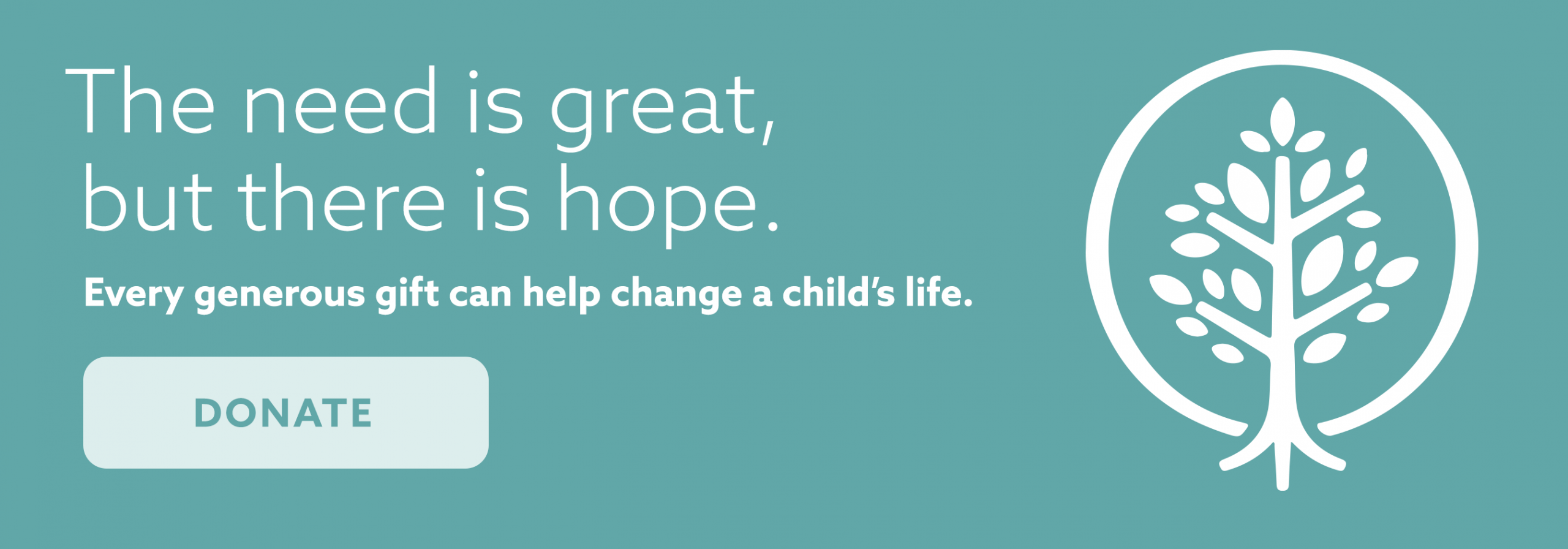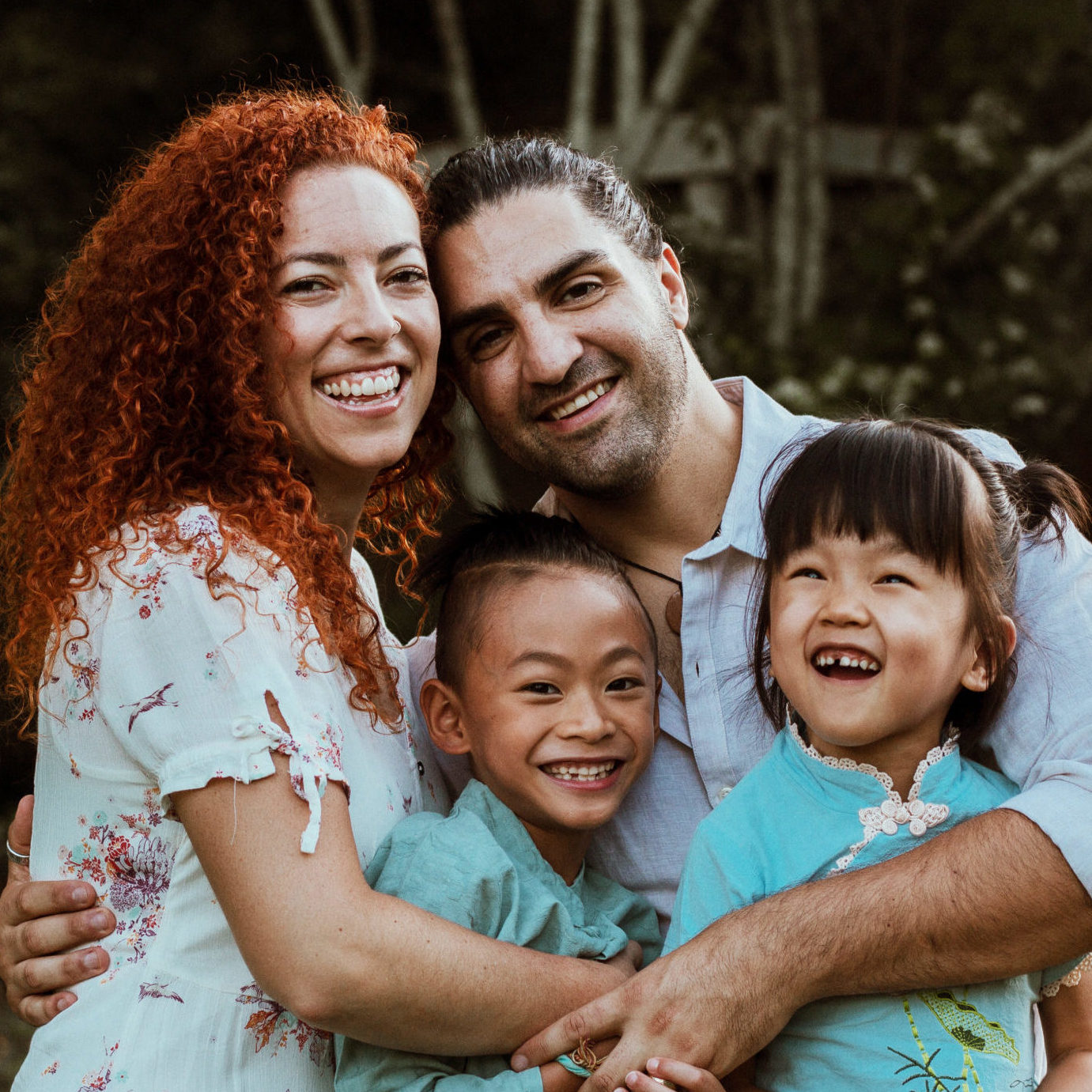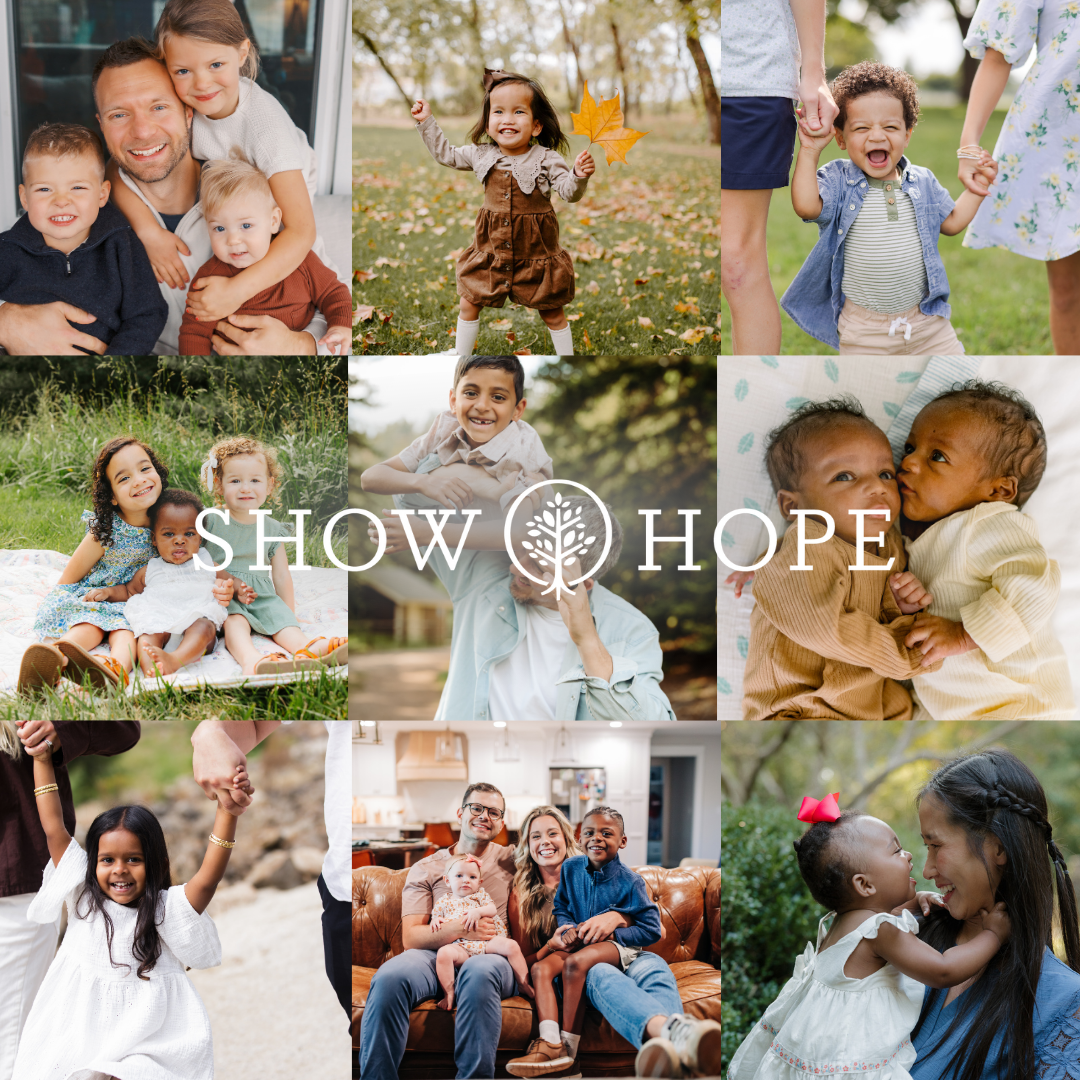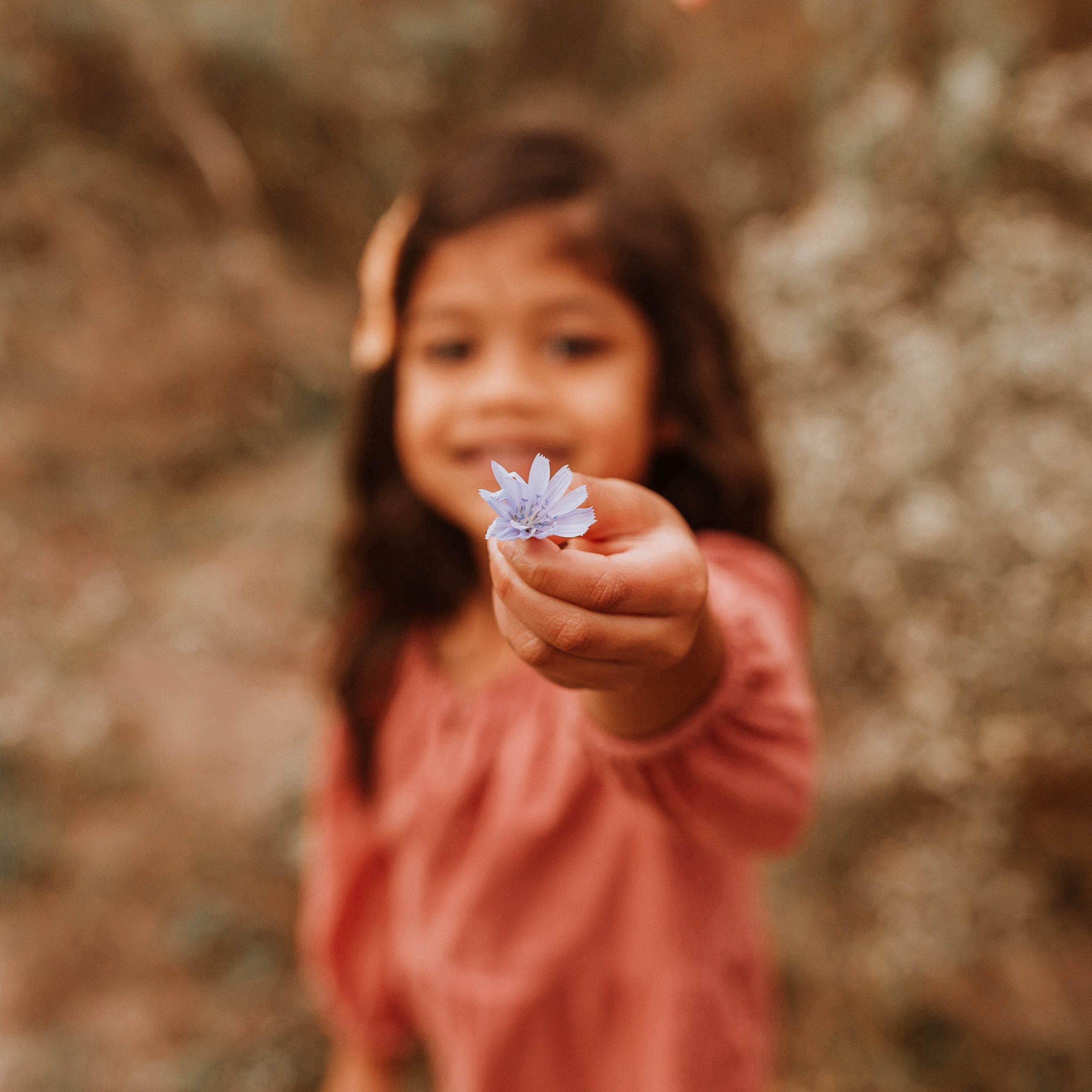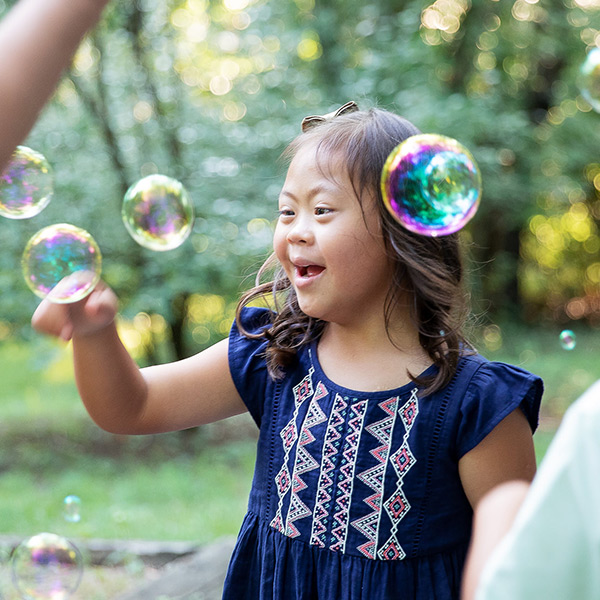Meet Anna Graves: A Q&A with the adult adoptee and early Show Hope Adoption Aid grant recipient
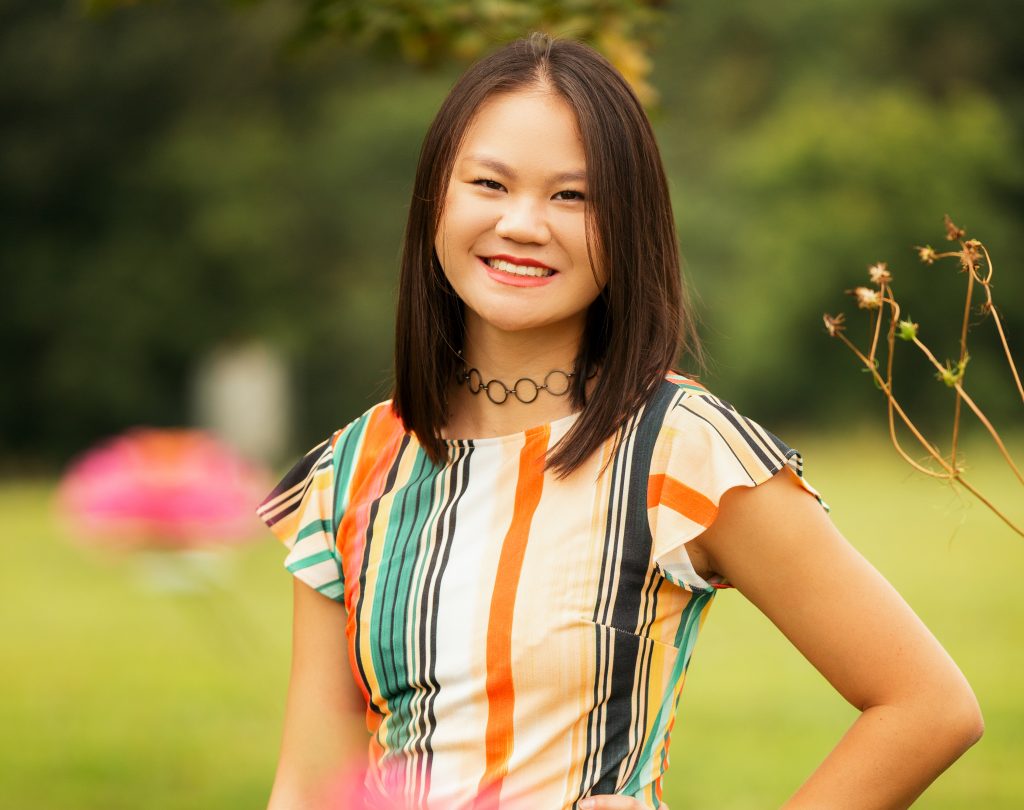
How old were you when you were adopted? Can you tell us a bit about the story of you coming home?
I was 10 months old when my parents adopted me. On the day my parents left for China in early March of 2002, there were reports of a “mystery illness” in Asia causing pneumonia and hospitalizations. I have a newspaper clipping with an “AP” news update—and a photo of me wearing a mask strapped onto my dad in a baby carrier—with the headline: “SARS Fear Spreads Throughout China and Affects Adoptive Families.”
When my parents met me in the city of Changsha in the Hunan province, I was sick with a cough and fever, like many of the other babies. About halfway into our flight from Hong Kong to the U.S., I spiked a fever of 106.1 [degrees]. The flight crew was trying to decide if we should land in Alaska or keep going to our destination in Minneapolis. Thankfully, there were three different medical doctors on the plane, and they helped flight attendants and my parents cool me with an ice bath in a small sink. When we landed in Minneapolis, no one could leave the plane until people in hazmat gear came and escorted my family to an ambulance, while the rest of the people on the plane had to fill out contact cards in case I tested positive for SARS.
I was taken to a local hospital and treated for RSV and double pneumonia (no SARS!). My family and I had to quarantine before that was ever a common term to any of us.
My older brother, Ethan, and the rest of my extended family were all waiting for us to arrive back in Louisville, Kentucky, but we were delayed a week until the CDC cleared us to leave. I have pictures of meeting my brother, grandparents, and so many other people when we finally landed in Louisville weeks after my parents had left to come get me.
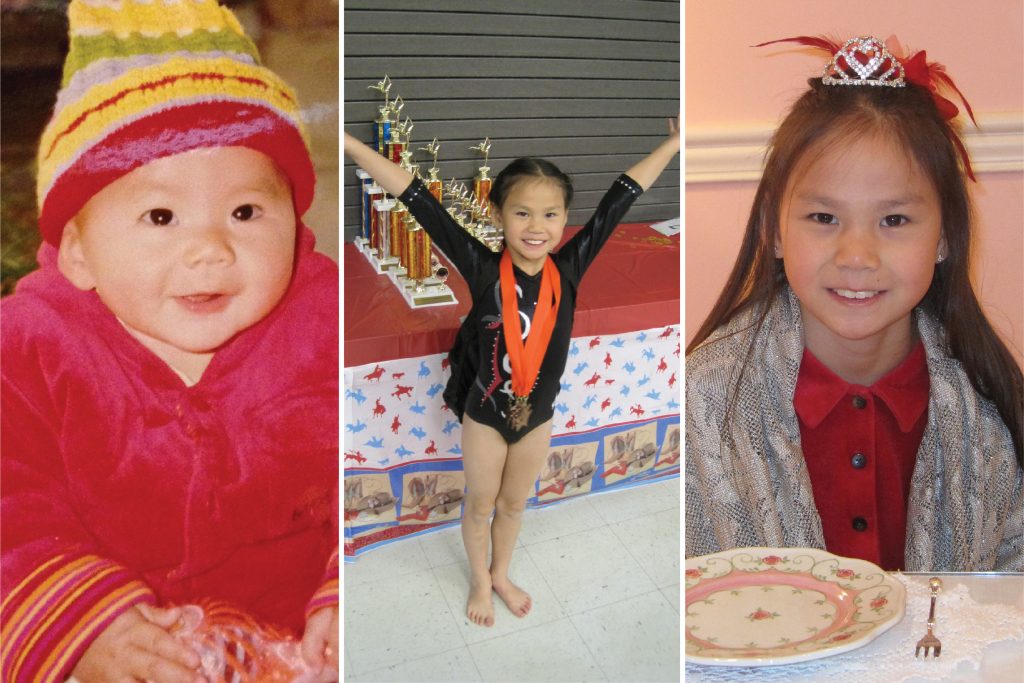
How has your relationship with or understanding of your adoption story shifted throughout your life?
When I was little, I had a more idealistic vision of my birth mother and assumed only one storyline: that she was forced to give me up but loved me very much and wanted to keep me. As I’ve grown older, my perception has changed to a more realistic one that recognizes the unknowns and complexities of my life in China. Maybe my birth mom was devastated to say goodbye to me [or] maybe she wasn’t. I can’t base my story on only one narrative, so I no longer have a preconceived idea of what her situation was and what she would be like. I’ve accepted that I just can’t know the specific reasons why I needed to be adopted.
What do you wish we, the adoption advocacy community and prospective adoptive parents, understood better about your experience as an adoptee (both as a child and now as an adult)?
Adoptees are unique individuals who understand and process adoption differently. For me, I view adoption as a very good thing that doesn’t define my identity. Being adopted is not one of the main factors that runs my life. But I know other adoptees who view adoption in a more negative light and have their identity in being adopted.
I want the adoption advocacy community to understand that as adoptees, we all have our own personalities, experiences, losses, and joys that are uniquely our own. Even adopted siblings won’t have the same needs or views. Not all adoptees need the same thing to heal from trauma. There’s no cookie-cutter approach to help adoptees process the trauma of losing their birth families.
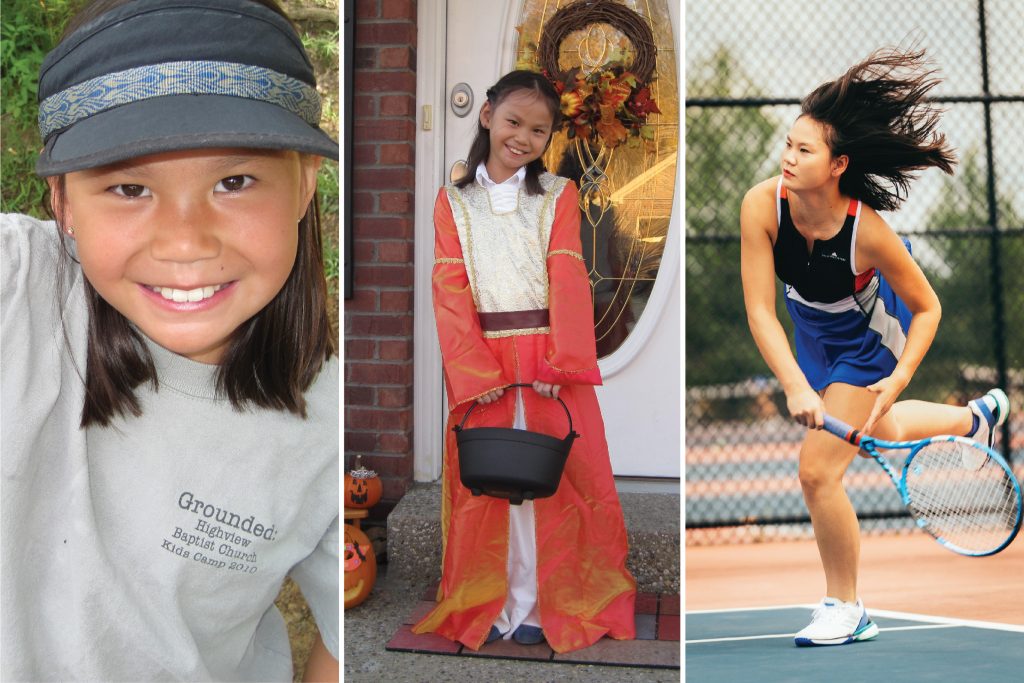
What would you say to other families who are considering adding to their family through adoption (what would you want them to know before they adopt, as they are parenting their child, and as their child comes into adulthood)?
Before adopting, being prepared is key. Giving birth has physical pains, and adopting has emotional pains. There will be many things that don’t go the way you expected, so be ready to embrace all the ups and downs that come with loving a child [who was adopted].
While parenting, you have to find a good balance of treating the adoptee as your own child but also acknowledging the fact that they aren’t biological, so there are differences. Don’t be afraid of the differences; embrace them. Learn about their culture, but follow their lead. For example, I was never interested in learning to speak Mandarin but enjoyed learning about my birth culture and traveling back to China to experience it as a young adult.
For transracial families, be willing to find role models for your kids to identify with. In middle school, when I started wearing makeup and doing my hair, it was hard because the only references I had for each of those were Western people. The growth of the internet has given me more access to people who have similar features to me. Not just, “Oh, they are Asian” but even people who have my specific eye and nose shape and hair type.
As your child becomes an adult, be aware of how your child’s understanding of themselves will develop and change as they go out into the world as an adult, and be ready to support them in this.
